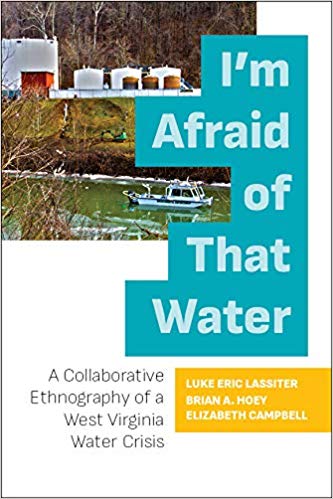(Re) constructing West Virginia: Community Activism in the Post-Industrial Economic Order
Summer 2009-Current – West Virginia
The purpose of this research is to better understand changes in the way communities and individuals construct meaningful identity in light of broad changes in the economy intensified by global economic restructuring and deindustrialization.
Like Michigan communities where I have most recently worked, in the shadow of Detroit manufacturing, many parts of West Virginia are faced with increasing uncertainty and instability within the context of ongoing deindustrialization. This research aims to understand how communities react to finding themselves adrift in a competitive, globalizing world in which they are required to aggressively attract both physical and social capital in order to succeed. What strategies will these communities follow to recovery, if any? Despite a recent history of often bleak economic conditions, Tri-State communities are perfect places to conduct research on new forms of work, entrepreneurship, community building, and the marketing of place according to emerging cultural and economic models. At the same time, many West Virginia communities remain tied to extractive and other industries that expose people to significant, ongoing risk through economic as well as other dependencies. Thus, we find considerable tension between well-established and politically powerful models and those that challenge that status quo.
Collaborative Ethnography in Appalachia
On January 9, 2014, residents across Charleston, West Virginia, awoke to an unusual licorice smell in the air and a similar taste in the public drinking water. That evening residents were informed the tap water in tens of thousands of homes, hundreds of businesses, and dozens of schools and hospitals—the water made available to as many as 300,000 citizens in a nine-county region—had been contaminated with a chemical used for cleaning crushed coal.
This book tells a particular set of stories about that chemical spill and its aftermath, an unfolding water crisis that would lead to months, even years, of fear and distrust. It is both oral history and collaborative ethnography, jointly conceptualized, researched, and written by people—more than fifty in all—across various positions in academia and local communities. I’m Afraid of That Water foregrounds the ongoing concerns of West Virginians (and people in comparable situations in places like Flint, Michigan) confronted by the problem of contamination, where thresholds for official safety may be crossed, but a genuine return to normality is elusive.
Available from West Virginia University Press.
